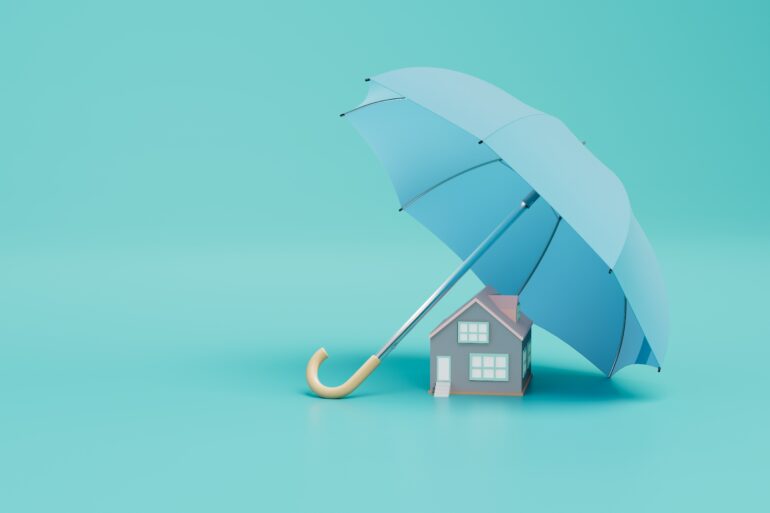
By Lorie Ham
It is just about time to move those clocks forward again for Daylight Savings Time (DST) on March 10! According to TimeandDate.com, the United States first observed Daylight Savings time in March of 1918. Currently, DST in the US starts on the second Sunday in March and ends on the first Sunday in November. The present schedule was introduced in 2007 and follows the Energy Policy Act of 2005. While this is for the entire US, states and territories are allowed to choose not to observe DST, and some have. The idea behind DST is to set the clocks forward one hour from standard time during the summer months and back again in the fall in order to make better use of natural daylight.
TimeandDate.com goes on to state that there weren’t any uniform rules for DST from 1945 to 1966, which caused a lot of confusion. The Uniform Time Act of 1966 aligned the switch dates across the US for the first time, though changes to those dates have happened from time to time for various reasons, including the effort to save energy.
Despite the fact that DST has been practiced for more than one hundred years, whether or not it is a good or bad thing has become a heavily debated topic. Congress has even tried to make DST permanent. According to an article on the ABC7News website in November of 2023, recent polls show that most Americans support eliminating the time change. The American Medical Association agrees. “Any change that affects your sleep, cumulative over time, can with it bring all the detrimental effects of sleep loss,” said Dr. Alok Patel of Stanford Medicine Children’s Health. “So that can include mood disorders, loss of focus, loss of judgment, and even some long-term issues such as changes in your blood pressure, your blood sugar, and more.”
Another article on TimeandDate.com shares some of the pros and cons of DST. The pros include longer evenings, which can get people outside more and encourage them to be more active. This is also good for the tourism industry. Another benefit is that less artificial light is needed. Lighter evenings also improve road safety, both for drivers and pedestrians, and a study found a 7% decrease in robberies following the spring shift to DST.
Some of the arguments against DST are that it no longer saves energy because modern society, with its computers, TV screens, and air conditioning units, uses more energy no matter if the sun is up or not. Another con, as mentioned above, is health. Studies link the lack of sleep at the start of DST to car accidents, workplace injuries, suicide, and miscarriages, and after the end of DST the extended period of darkness is linked to depression. Interestingly, while the risk of suffering a heart attack is increased when DST begins, the extra hour of sleep we get at the end of DST has, in turn, been linked to fewer heart attacks.
For the time being, at least, we are stuck with Daylight Savings Time. But is there anything we can do to minimize the possible risks? An article from 2021 on the Mayo Clinic Health System website offers some suggestions. Consistency with our sleep habits can be very important to our health and how well we function from day to day. The article recommends going to bed 15 minutes early starting several days before the change, and increasing by 15 minutes every couple of nights. Make an extra effort to be well-rested the week before the time change, and don’t sleep in an hour longer that morning, thinking that will make up for the sleep lost. If you still feel sleepy that Sunday, consider instead taking a short nap in the early afternoon—unless you are someone for whom napping makes sleeping at night more difficult.
An article on NBC Montana offers a few other helpful tips to make the transition easier, which include starting the day with a healthy breakfast first thing as food tells your body it is the start of the day; prioritizing daylight exposure by going on a walk, as sunlight and exercise help realign the body clock; and consider relaxation techniques to calm your mind and body and make it easier to smoothly transition into sleep at night.
No matter what side of the debate you are on, we would love to hear your thoughts on the Mennonite Insurance Facebook page, especially with tips on things you do to make the adjustment go more smoothly.






